Why the discussion of global warming needs to add an expanded moral dimension that can help inform economic and political change.
The Million Dollar Question: Why Don’t People Care About Climate Change?
If an individual were offered one million dollars in cash, would they take it? In a theoretical world of no consequences, it would be a no-brainer for him or her to take the cool million, thank you, and be on with their merry lives. But as with everything in life, there is always a catch: let us assume that by accepting a million upfront, they doom their friend to a crushing one million dollar debt. Would people decline the cash in the face of the suffering of those they know and love? Surely some might take the million and leave their friends out to dry, but most would not. Now let us assume, that by choosing to accept the money, an anonymous person somewhere in the world will lose an equivalent amount of money. Things become a bit muddled because the suffering is no longer personal, immediate, or even visible. Maybe a crimelord, an embezzling politician, or an undeserving celebrity will get their comeuppance. Or, it may be a hard working American family of four in Missouri who gets the shaft. What if it was someone somewhere in a time in the unknown future, after we are dead and gone, that will have to pick up the tab? No matter what, someone somewhere is paying the price. The fact that we cannot see them or feel their suffering, gravely diminishes our ability to empathize with them, and thus affects our decision making. Simply put, we are not very good at sticking to our morals when it comes to an issue as large, complex, mind bending, and even unintentionally caused, as anthropogenic global warming. This exact same collective failure of human empathy over time and space is also what has allowed the modern-day fossil fuel industry to not only thrive, but dictate the course of human progress.
Philosopher and author Roman Krznaric points out that throughout history there have been times of mass empathetic flowering, such as the civil rights movement or the outpouring of sympathy after the earthquake in Haiti, as well as periods of collective empathetic failure, such as the Holocaust or western inaction during the genocide in Rwanda. Based on this societal perspective, it could be easy to conflate our addiction for fossil fuels with a complete breakdown of empathy, and as a result, a suspension of basic morals. It’s no coincidence that those suffering the most from the effects of global warming are disproportionately those in developing countries, the urban poor, future generations, and the agricultural segments of the world economy, while the primary drivers of climate change are those living comfortably in the developed world and the industries that support that lifestyle. There exists in this country a huge gap between what we know about climate change, and actual impactful action. Why?
Empathy Gap Over Distances
Numerous studies have found that those most negatively affected by climate change are often developing and third world countries. The irony of course is that these nations and people groups are victims of a problem largely created by the developing world. Furthermore, these impoverished regions lack access to the resources or infrastructure to deal with the effects of climate change. In 2006 Mozambique asked the international community for a paltry 3 million dollars to improve the impoverished nation’s flood defenses. They were refused. A year later, after catastrophic flooding, they were granted 90 million dollars in aid. Not only does this scenario indicate a complete lack of empathy on the part of the international community, but it also makes no economic sense. Unfortunately, the Mozambican floods of 2007 mirror a trend of willing climate ignorance and moral callousness on the part of the industrialized nations whose actions have indirectly caused or amplified the calamities in question. The truth is, the problem of anthropogenic global warming is deeply ethical, and intrinsically economic. Do we as a species choose to invest the time and effort to mitigate climate change, in effect pay the 3 million needed, or do a select few choose to enrich themselves in the present, at great human and economic harm in the future?
Empathy Gap Over Time
Time is a critical factor in the anthropogenic warming equation, and a deadly obfuscator of the moral scales. Virtually no serious scientific body denies that human-induced climate change is occurring. However, science is still debating just how catastrophic the effects may be, and how long until tipping points will be, or have already been, reached.
But there is also another dimension that hinges critically on time: who will be paying the price of the environmental follies of the present age? The short answer is: our kids. But even an answer as personal and powerful as that belies the incredible difficulty we as adults have with planning for the future, thinking about the consequences of our actions, and truly caring about the world that we will handoff to the children we purportedly love. After all, it would be presumptuous for us to claim to have their best interests in mind as we continue to exacerbate a whole slew of ticking time bombs ranging from the national debt to chronic underfunding of the education system.
What is global warming when Americans today are faced with so many other pressing problems? That is precisely why Americans simply do not care about global warming – it is not perceived to be an immediate problem, an issue that needs the attention of the current generation. There is a glaring empathy gap between the people on this earth now, and those that have yet to come. We inherited this world from our parents, and their parents before them. But it is just as critical to remember that we are also borrowing this world from future generations. It would be demonstrably evil to destroy a future that has yet to be born.


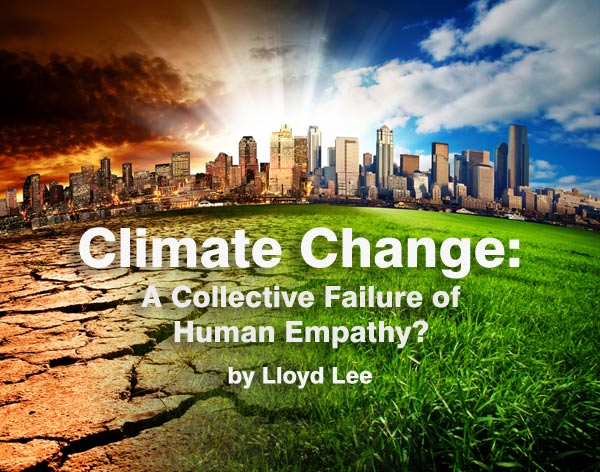

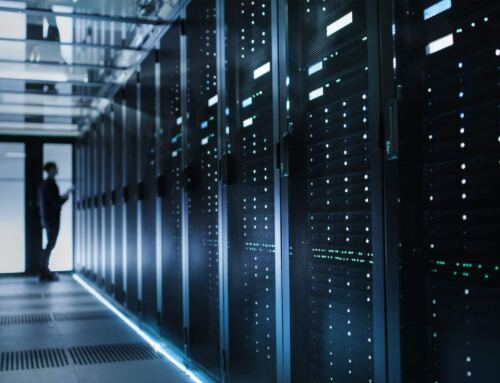
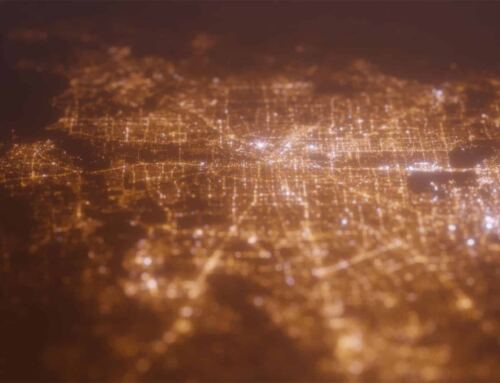
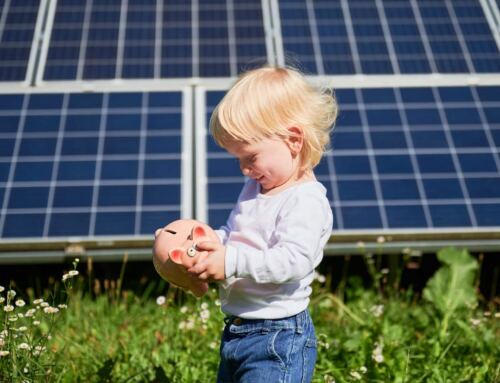
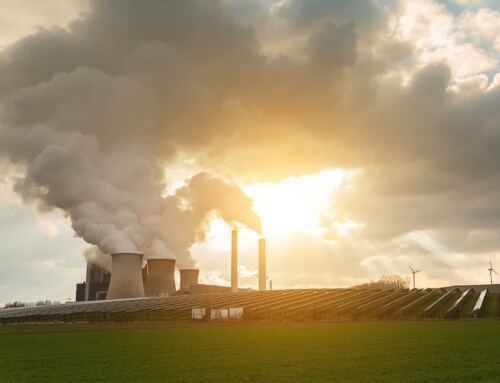
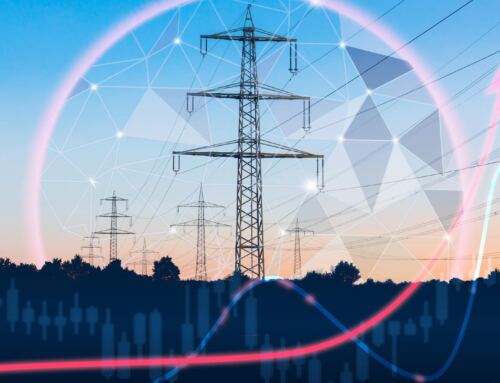

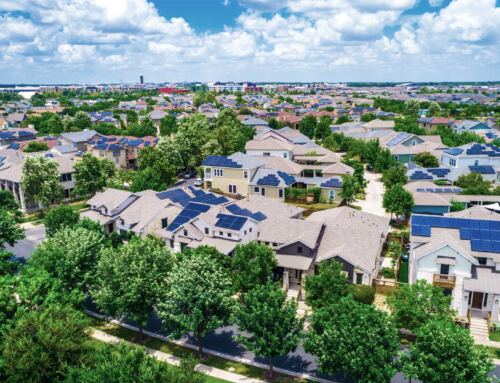
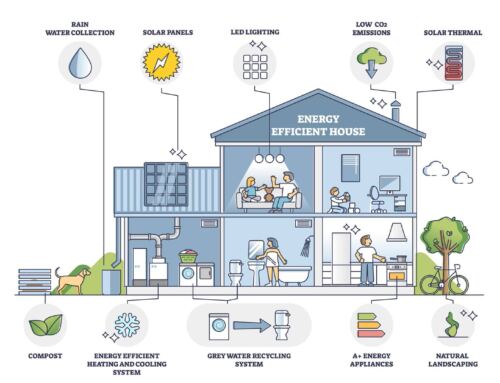
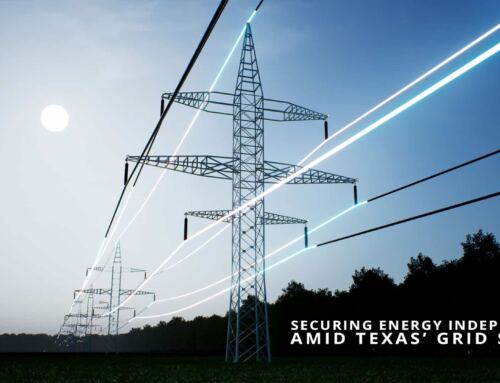
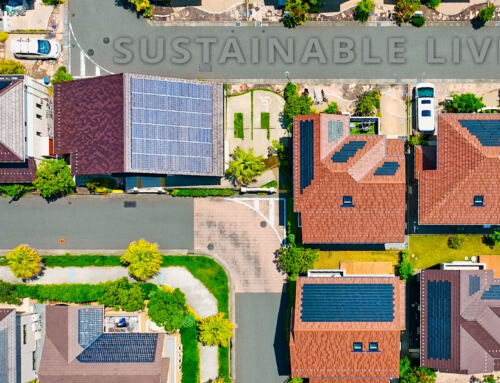
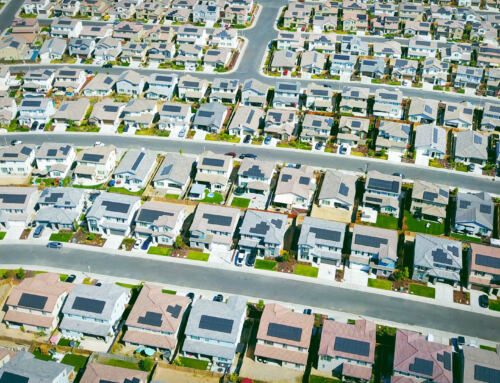
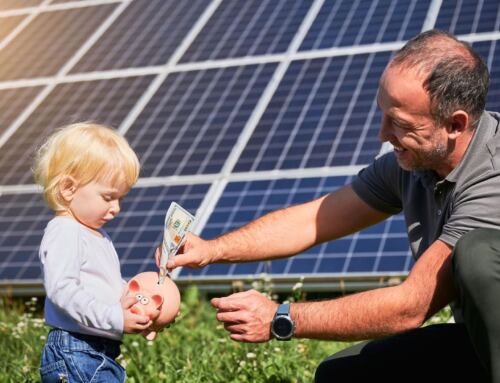
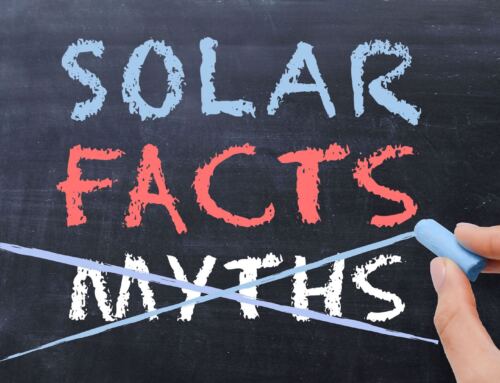

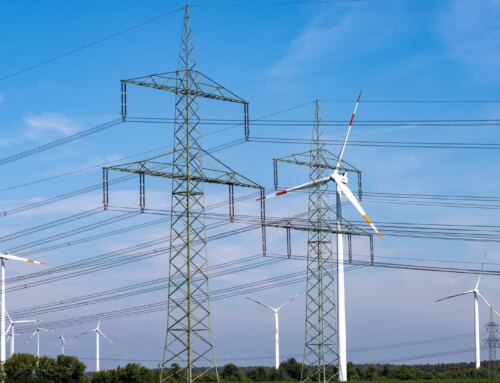

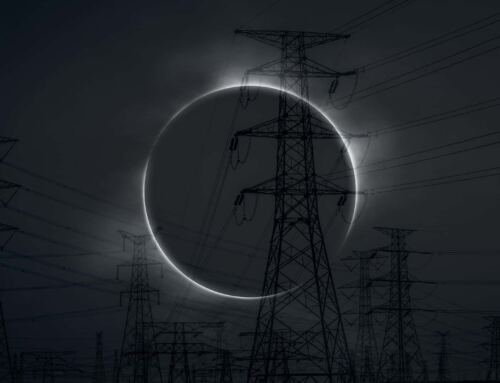
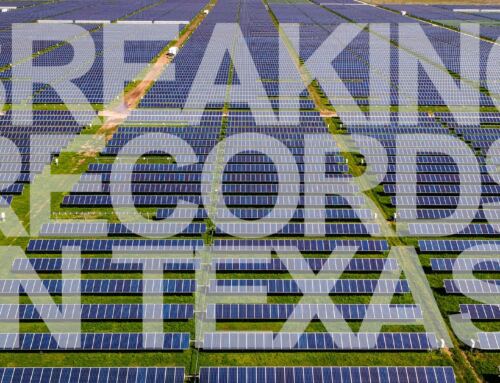
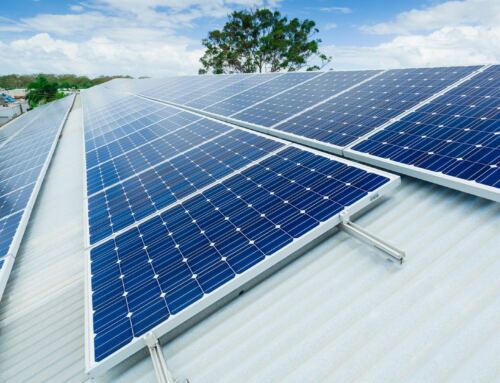
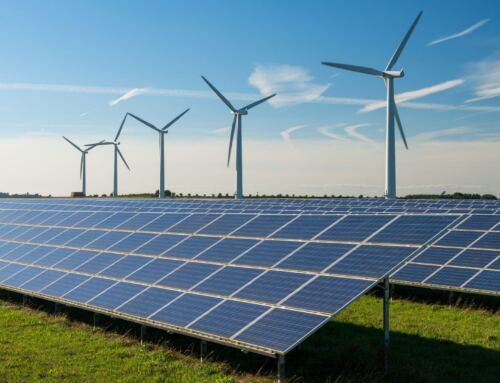


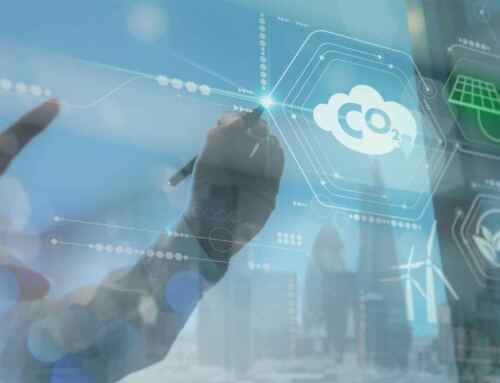
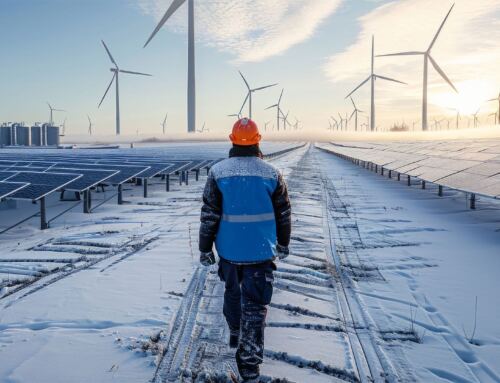
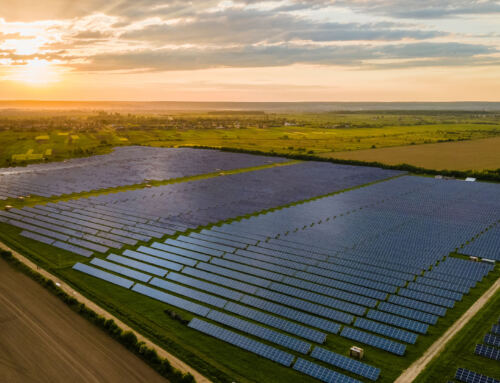
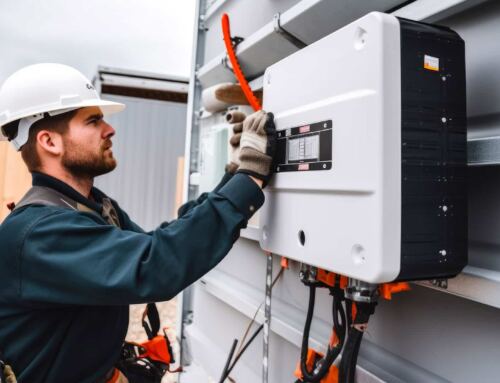
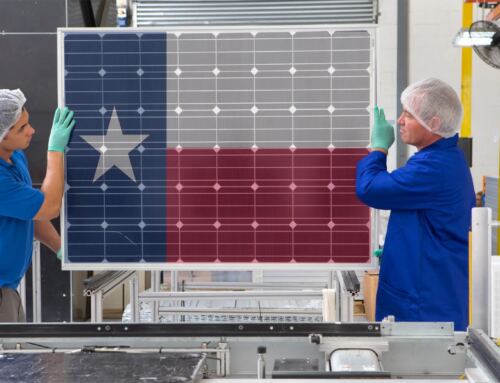
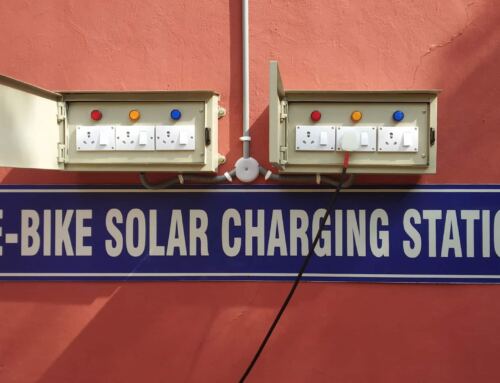

This article is powerful. Empathy is what we, most people lack. We are so comfortable being independent and comfortable of what technology has given us so we fail to see what’s waiting for the future and we fail on caring for others because we are too busy with our own life.